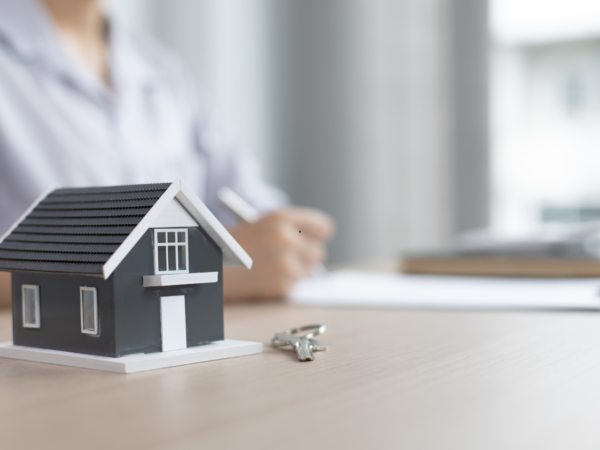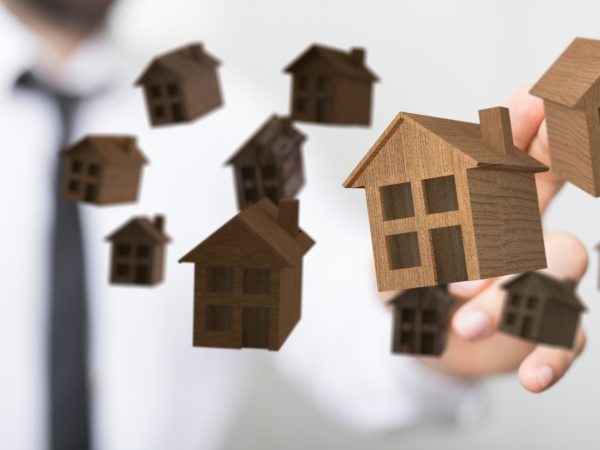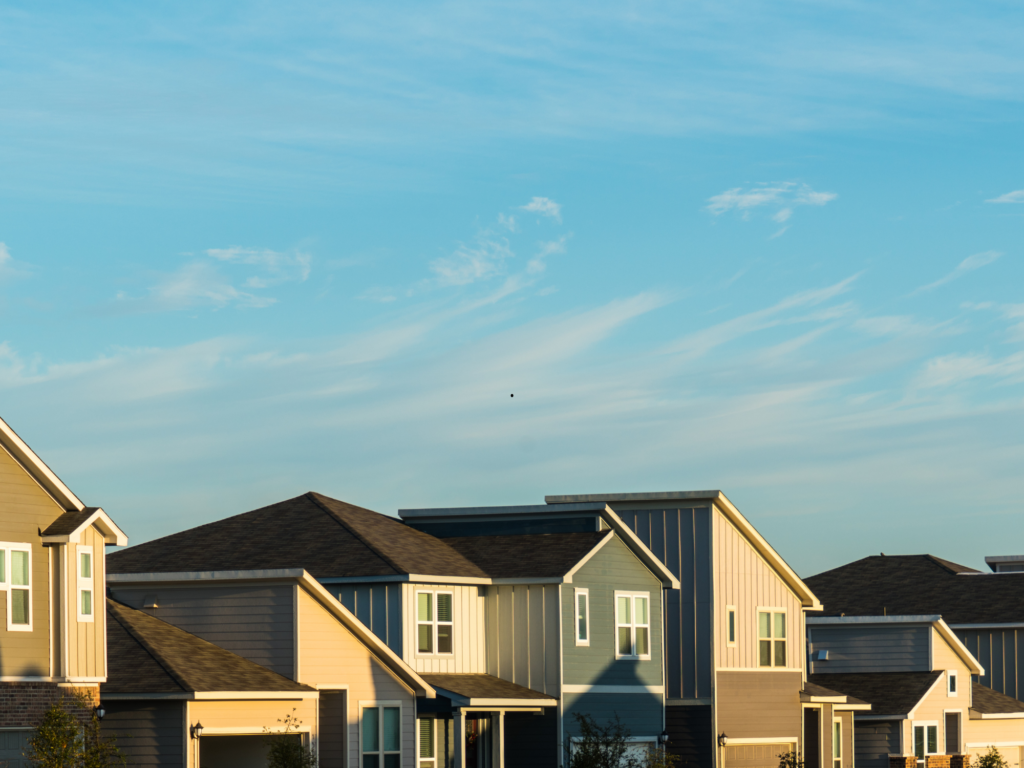Interest Rates Are Rising
Well, it was bound to happen, wasn’t it?! Despite the recent increase and the Bank of Canada’s signaling that there will continue to be more of the same in the near future, mortgage rates remain at near record lows (historically speaking) and still no higher than recent inflation numbers. Heck, there’s even talk of a potential recession also.
Not all unicorns and rainbows, is it?
Generally, people tend to have very short memories and have become addicted to cheap/free money. Well, it’s nearing 2:00 AM and it’s last call… get ready because the party is about to be over. And, worst of all, the person you’ve been dancing with (i.e. your metaphoric creditor) isn’t nearly as ‘nice’ as you once thought; they’re going to expect you to pay more money very soon.
All this is to say that if you have debt, particularly non-mortgage debt, now would be a very smart time to pay it off… or at least formulate a plan on how you will be paying it off. In the very least, get an accurate idea of just how much interest alone you might be paying every month. Keep track of this number because it’s about to increase.
What Does This Have To Do With Real Estate?
Glad you asked. Sorry the link isn’t immediately apparent — I do tend to prattle on and go on tangents every once in a while. Oops.
Most people require a mortgage when buying a property. No shame in it. But banks aren’t dumb, either; they want to limit their risk of losing any money they lend out (and the value of the money they lend out) – so they don’t lend anything without first assessing the total costs involved with purchasing (and running) a property and comparing this total to a client’s ability to earn enough to cover everything. Reliably.
(FYI: Nobody is going to feel badly for you when you’ve purchased a $1.2M property but can’t afford to tip the moving company workers. Just pointing this out only because I’ve seen it.)
When interest rates rise, it costs more to borrow money. This means that the total cost of mortgage payments is higher. Remember, there is never any guarantee that someone’s income is going to increase at the same rate in order to preserve their purchasing power. Assuming that a buyer has only so much money, then the more it costs to borrow, the less there will be available to afford everything else; therefore, a financial institution will lower the limit it is willing to extend to purchase a property. In this case, you want to limit any other areas where you are ‘losing’ money to keep as much of it available in order to qualify for enough to buy that property you wanted in the first place. Ultimately, rising interest rates have a ‘cooling effect’ on house prices and tend to limit how quickly they appreciate in value because consumers are limited in how much they can afford.
Be Ready To Have A Larger Down Payment
Why?! Well, if the bank’s appraisal comes back with an assessment that limits how much they will lend out to less than the agreed purchase price, the buyer (i.e. YOU) will have to come up with the difference or forfeit the deal (which, ironically, exposes you to the risk of being sued by the seller – which will cost you more than had you just closed on the amount you agreed to pay in the first place). In these times, it might be prudent to ask your Realtor about the benefits of including a financing condition as part of your offer to purchase. As always, cash is king.
What Can I Do?
So what does preserve purchasing power? One key area within your control is consumer behaviour – your spending habits. If you can discipline yourself to avoid debt (and pay everything off as quickly as possible), and non-essential purchases, you’ll be best positioned to save the most money (i.e. in order to accumulate the largest possible down-payment thereby decreasing the amount you need to cover with a mortgage).
Quick aside:
Have you ever calculated the true cost of buying a home? No, it isn’t just the purchase price or the closing costs. Look deeper. After you take into account how much interest you spend in mortgage payments (say, over 20+ years), it can easily double the original price of the house. This is a fundamental reason why house prices need to appreciate; owners have to make back the mortgage interest they paid in addition to the cost to buy the property in the first place. To illustrate this point, next time you pay your regular monthly or bi-weekly mortgage payment, compare the amount of this payment to the amount deducted from the principal owing. They are not the same; the difference is the interest being paid to the financial institution. This really adds up.
OK, I thought this was supposed to be about hobos?! And spreadsheets?!
 Cool your jets! I’m getting there.
Cool your jets! I’m getting there.
For the purposes of this discussion, I’m limiting the scope of the term ‘living like a hobo’ to mean not having very much and spending even less; it isn’t derogatory or even slightly pejorative. I mean, when was the last time you saw a hobo with a car they couldn’t (really) afford?! (hint: those people are often really close to becoming hobos).
… and I would know because I’ve been there; I love fast cars (and can’t wait to make that mistake again).
Getting back to the topic of (spending) behaviour, if you can take the ascetic approach of a hobo and say that you “can’t afford” most luxury, non-essential items, and still save money, then you’ll start to build wealth. You have to prioritize saving over spending. And this pattern of behaviour, while it isn’t much fun, is responsible and will get you to the best place in the end.
Still Waiting To Hear About Spreadsheets…
OK.OK. OK. If you are not familiar with basic functions within Excel (or any reasonable equivalent), do yourself a favour and look it up on the Google/YouTube machine. Long story short, it is a tool that will help you keep track of all the money you have coming in and where it is being spent. If you compare these two columns, you’ll get a really clear picture of the end result of your current state of affairs. Call it a snapshot of your financial health or an accurate barometer of your current state and a predictor of your future state. Conduct yourself accordingly.
 If you truly value owing a property but can’t quite qualify for the amount you need from your lender, a truthful spreadsheet (i.e. one that accurately and fully mirrors reality) will not only help you stay motivated and keep your eye on the prize but point out where problems may lie and potential solutions. Ultimately, you need both to live like a hobo and work to be your best self to increase the amount of money you have coming in. Such a philosophical approach will help both the income and spending columns. Remember to keep track of it all, be honest and record everything in your spreadsheet. Remember, garbage in = garbage out; it’s only as good as the information you (choose) to include. Don’t be a bin-diving hobo… stay out of the trash.
If you truly value owing a property but can’t quite qualify for the amount you need from your lender, a truthful spreadsheet (i.e. one that accurately and fully mirrors reality) will not only help you stay motivated and keep your eye on the prize but point out where problems may lie and potential solutions. Ultimately, you need both to live like a hobo and work to be your best self to increase the amount of money you have coming in. Such a philosophical approach will help both the income and spending columns. Remember to keep track of it all, be honest and record everything in your spreadsheet. Remember, garbage in = garbage out; it’s only as good as the information you (choose) to include. Don’t be a bin-diving hobo… stay out of the trash.
Thought: Perhaps if more hobos created such spreadsheets they wouldn’t be hobos anymore.
Think of your financial spreadsheet like a mirror – because numbers don’t lie and they’re looking right back at you. Some figures are perfectly rounded; most are not.
If you really want to buy that place, you probably can (provided you get your act together). You just need to learn to live below your means and listen to the spreadsheet.
… having the confidence to be steadfastly goal-oriented and to keep your eye on the prize despite alluring distractions is sexy a.f.
When you’re ready to be serious, I’ll be here to help you move forward.


